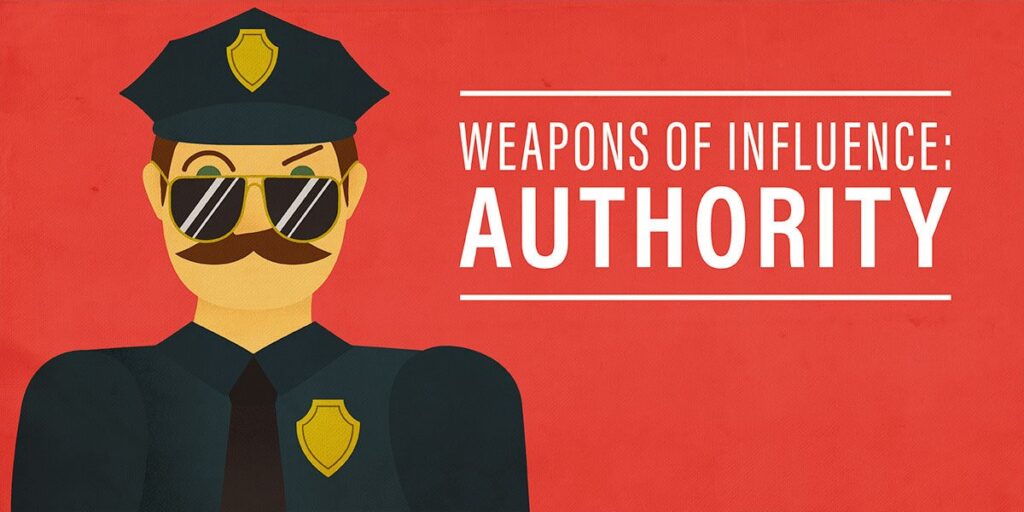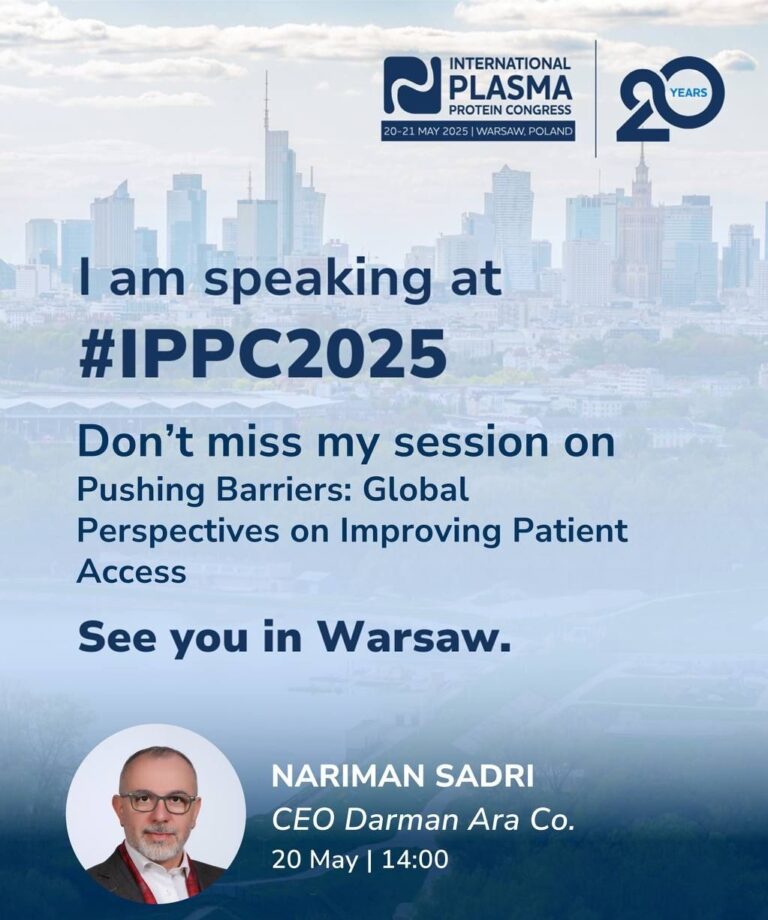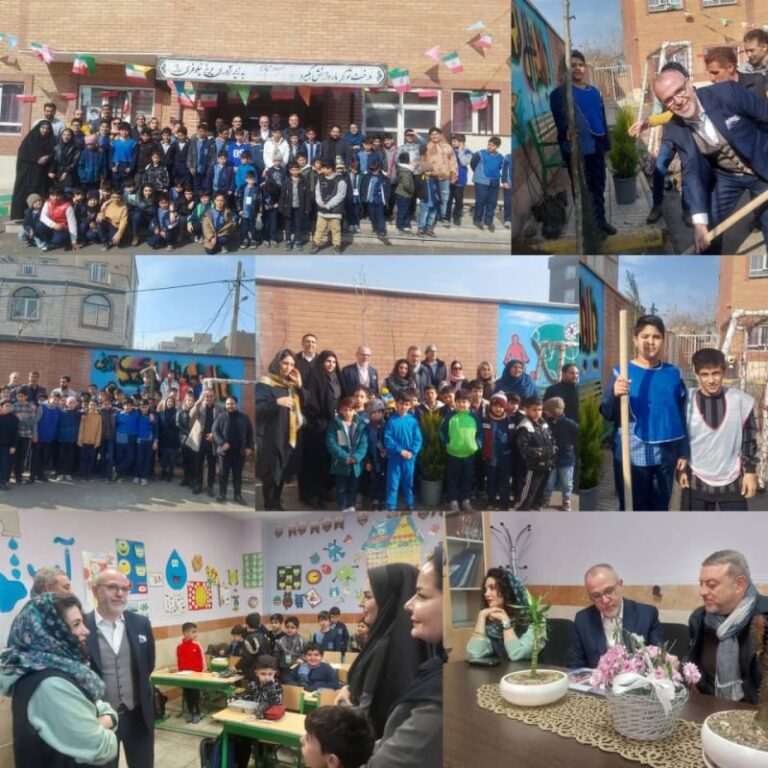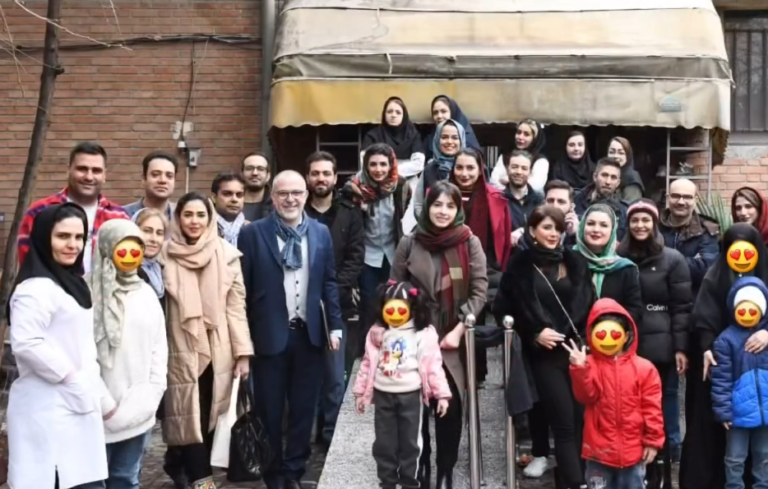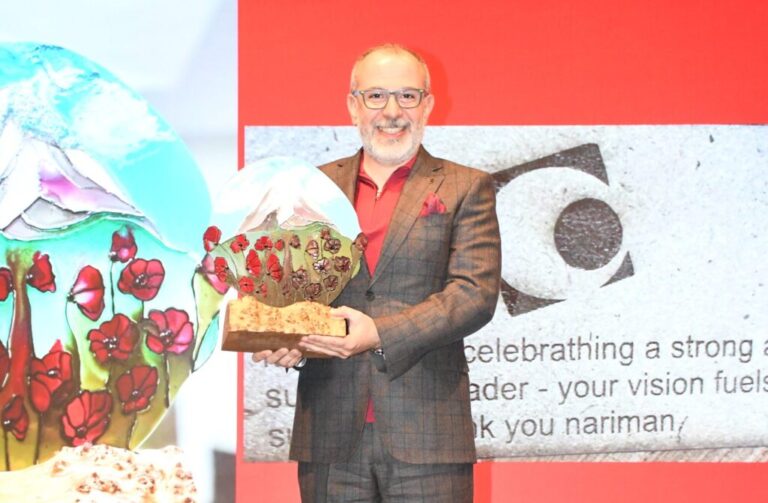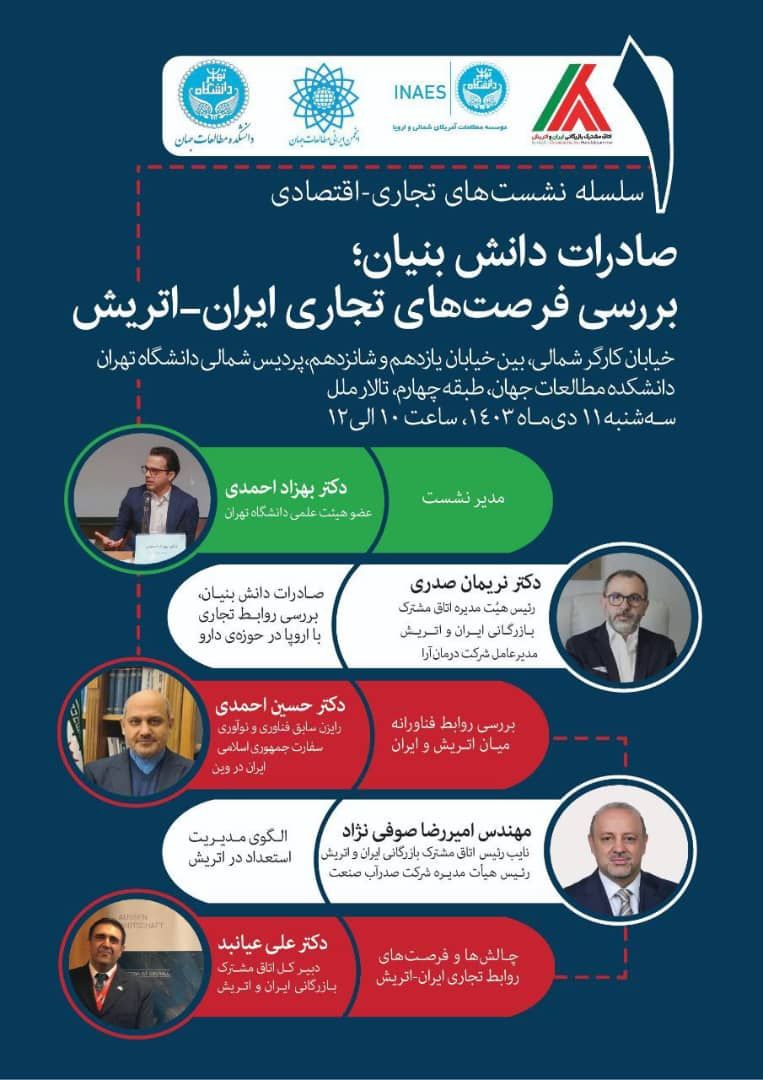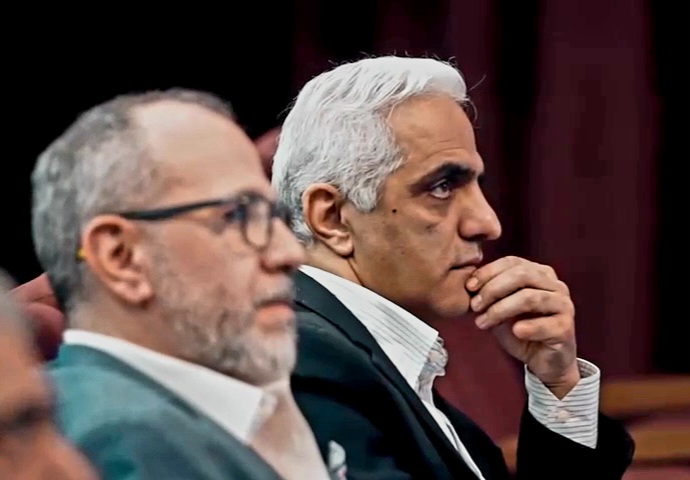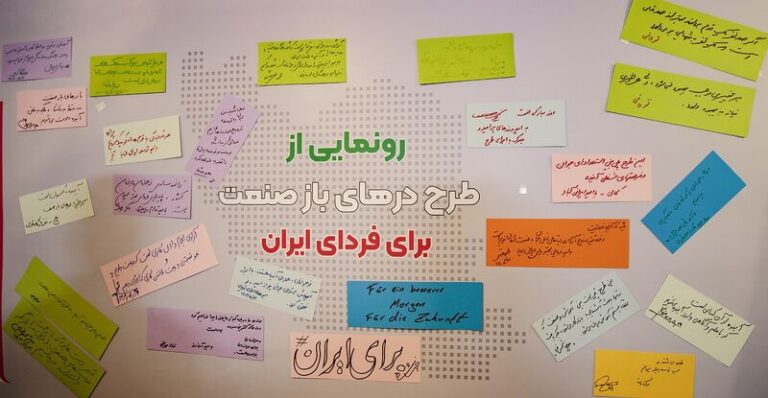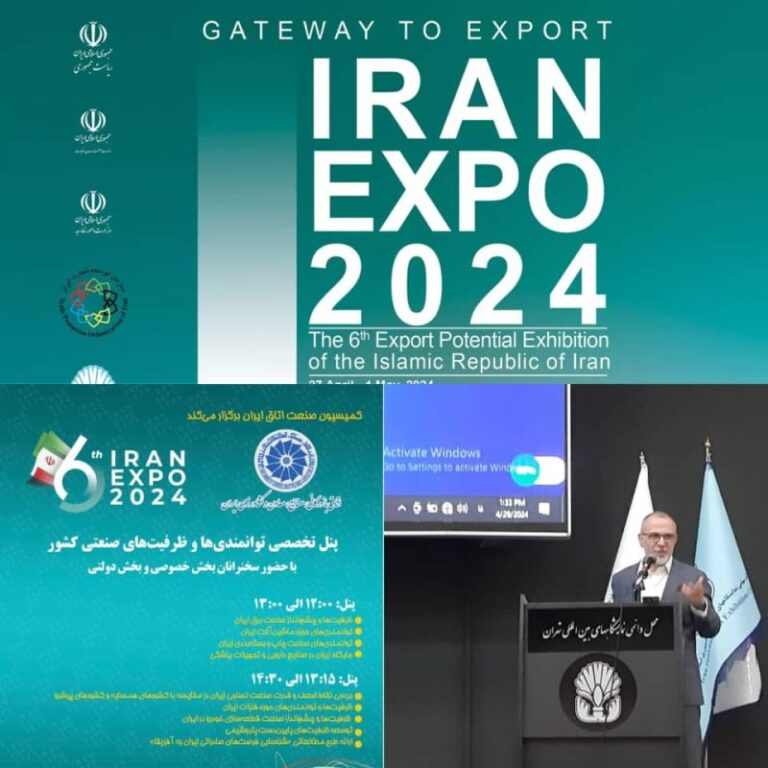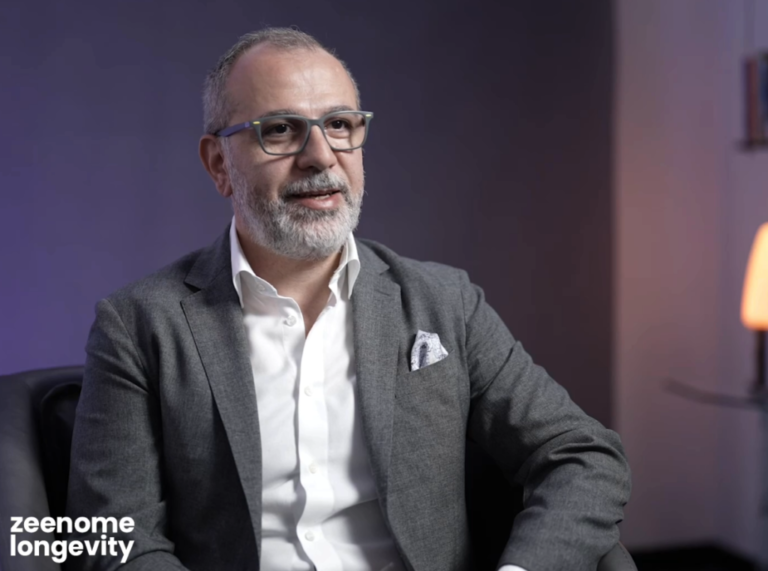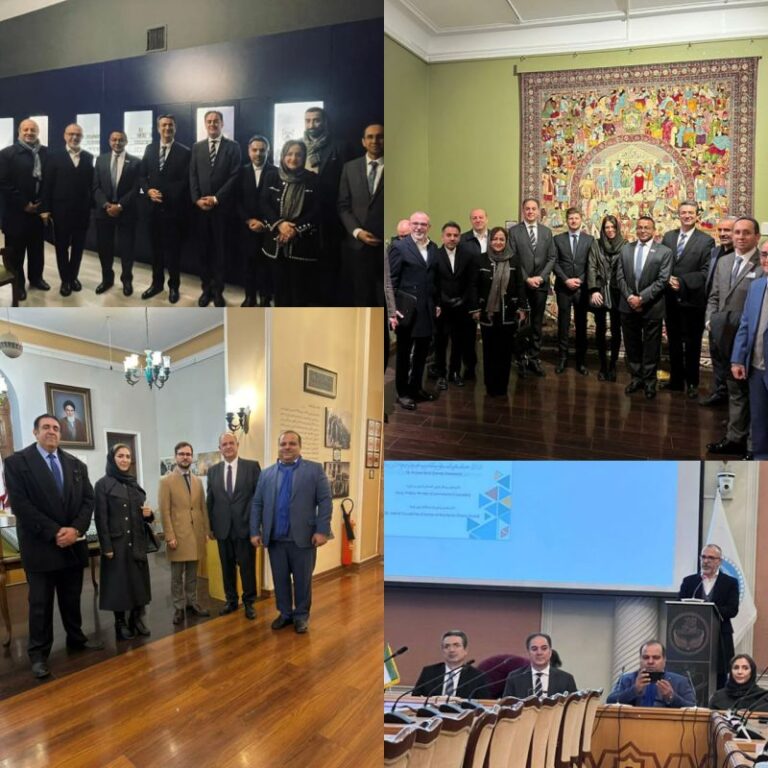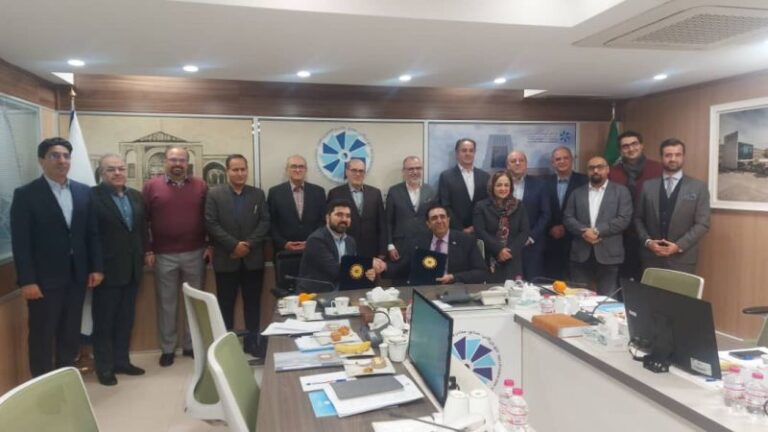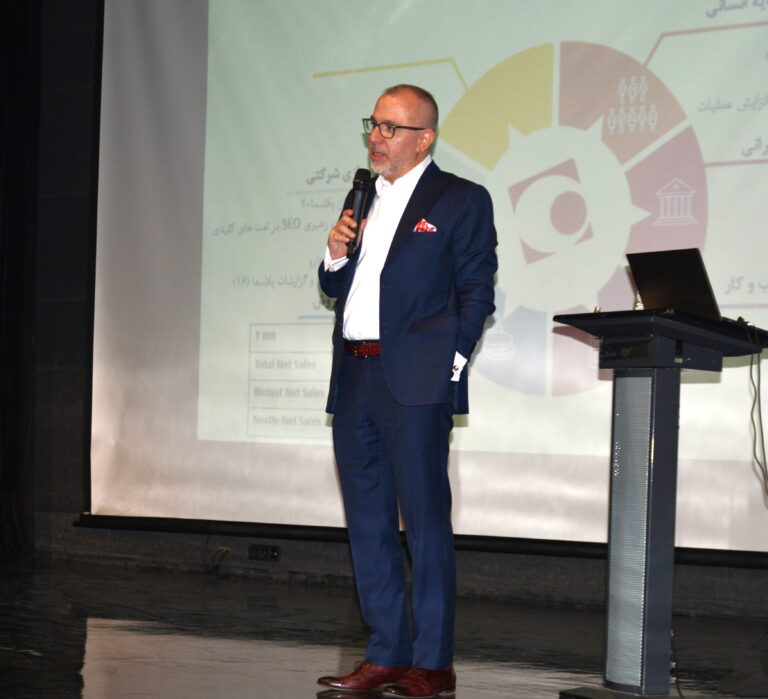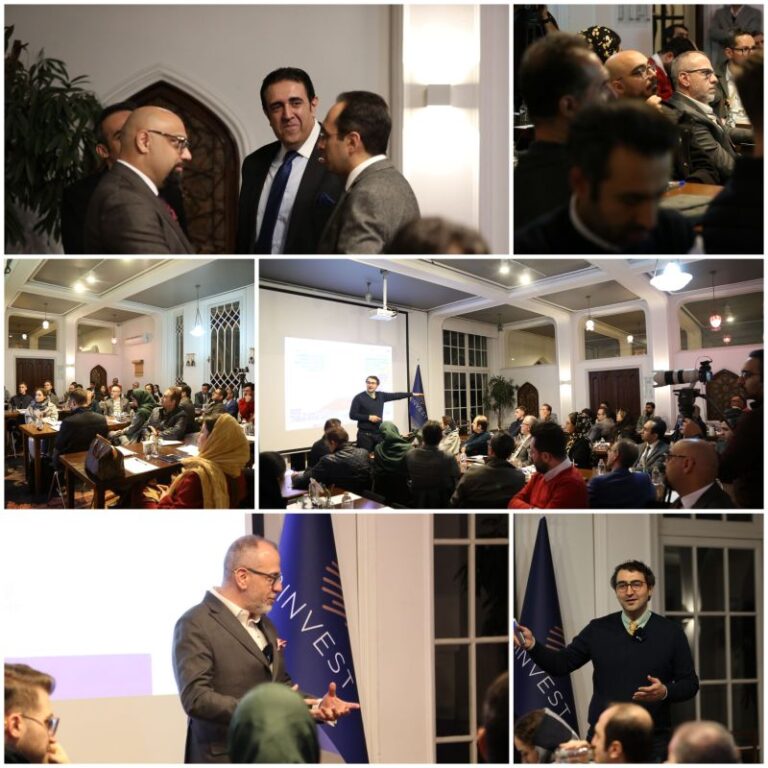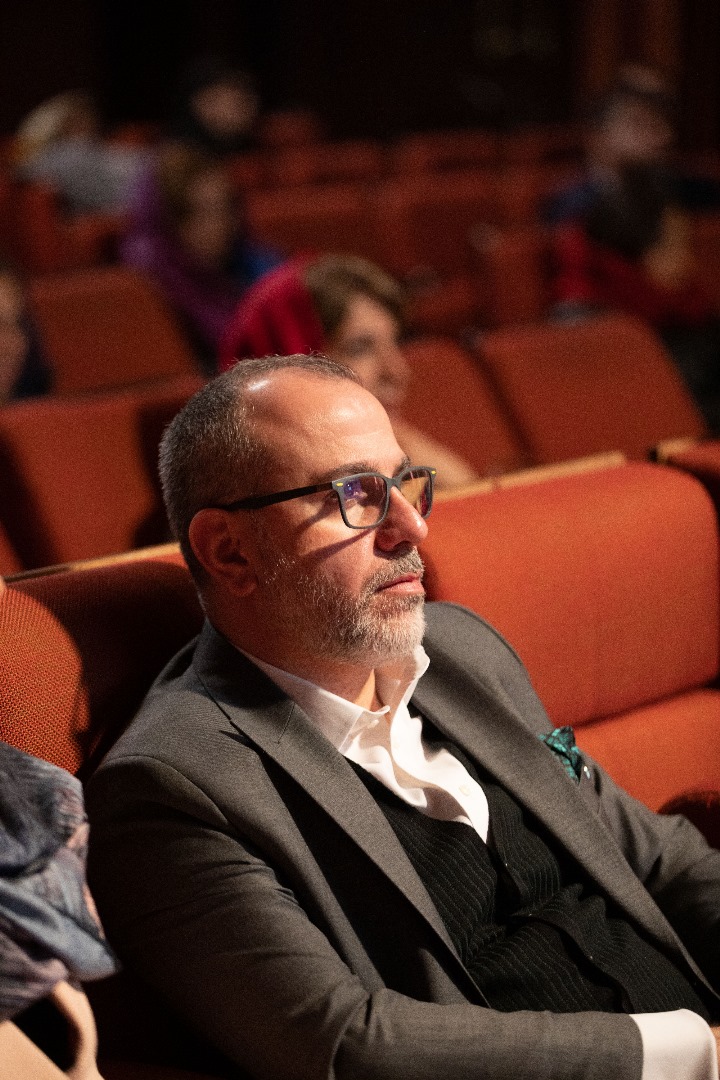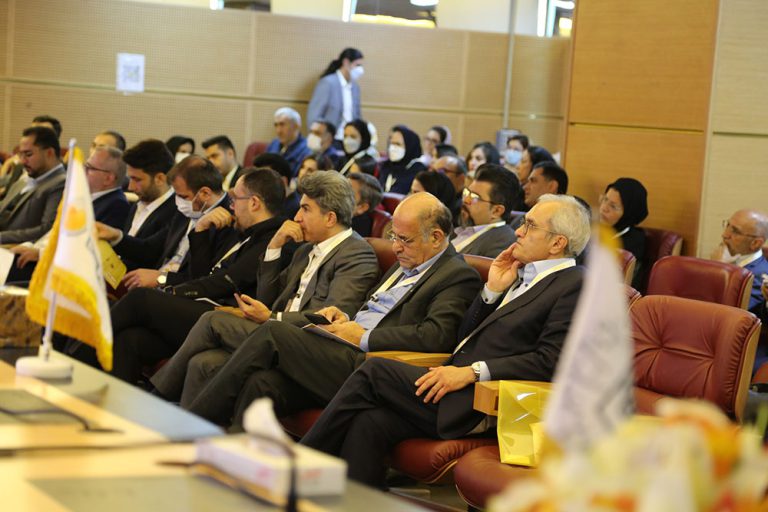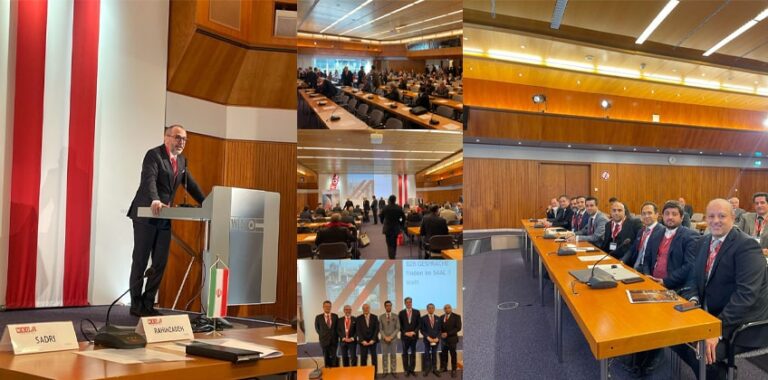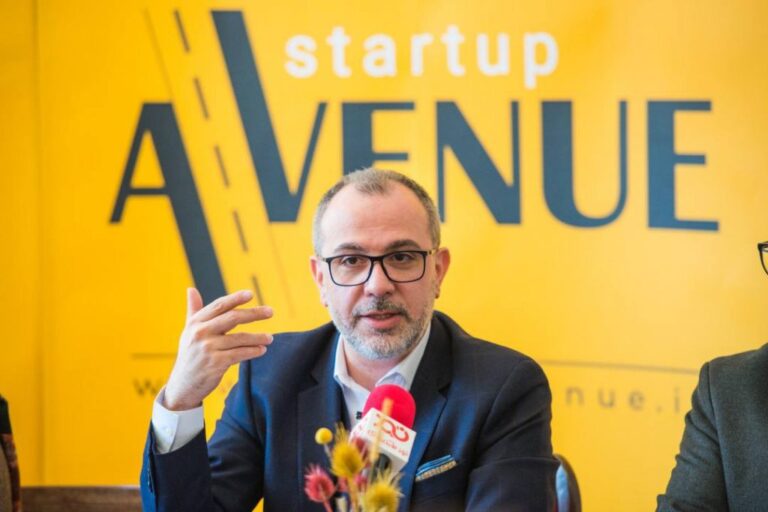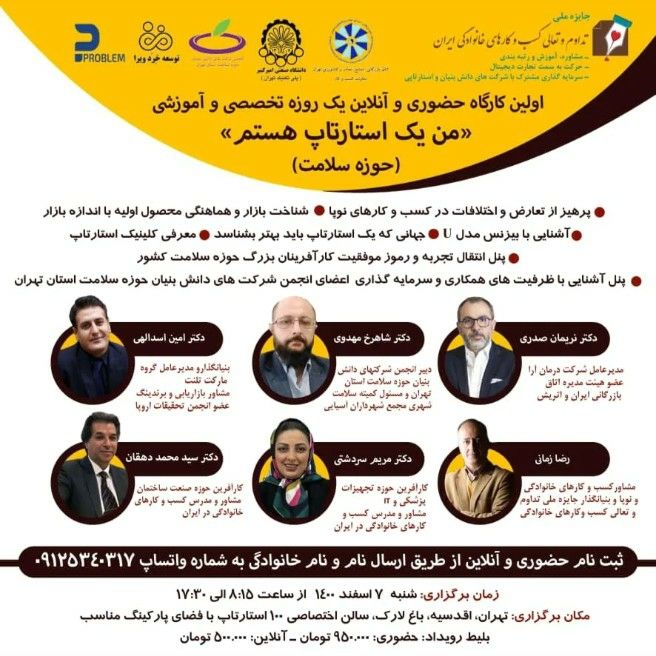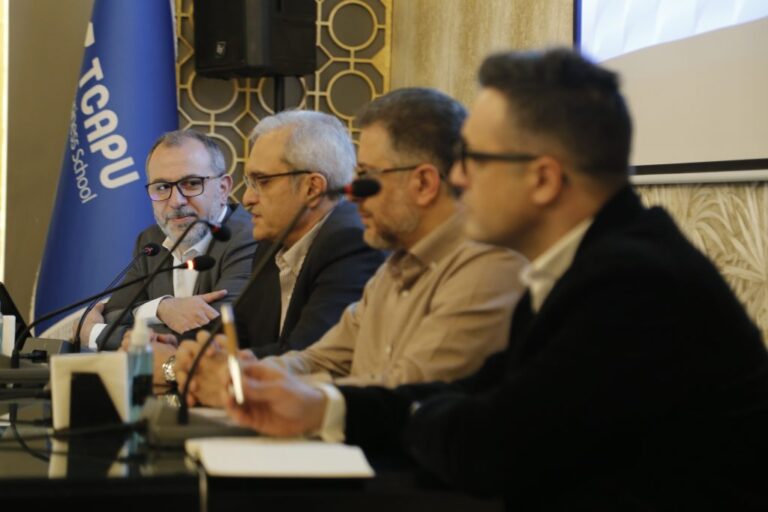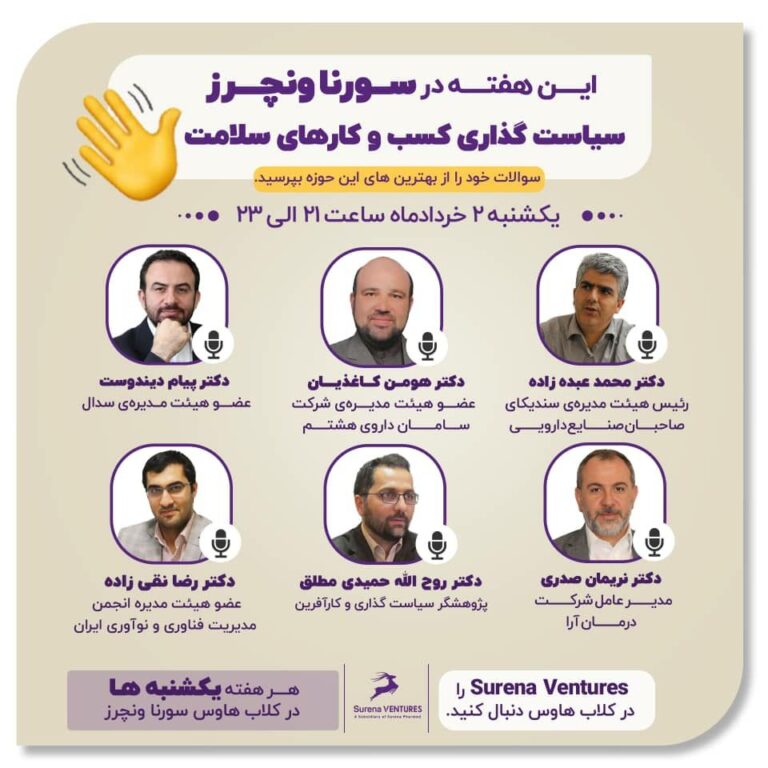Reza Moghaddam, also known as Reza Marmoulak, is a notorious thief with a long history of arrests and imprisonments. However, in his latest arrest, he is charged with armed robbery. Reza is sent to prison, where he is injured in an incident and transferred to a hospital outside the prison. There, he steals the clothes of a sick clergyman and, disguised as a priest, manages to escape from the hospital. With the immunity that the new outfit provides, he travels to a border village with the intention of using a fake passport to flee the country. However, he is mistaken for the clergyman who was supposed to be sent to the village as the imam of the local mosque and is asked to lead the prayers. I’m sure you’ve all seen the movie Marmolak and, like me, laughed a lot. Do you remember how Reza Marmoulak preached to the people in his own style? Despite the fact that many of his suggestions didn’t align with tradition, even the most conservative people in the village never challenged him. This is an example of the authority effect, which stems from the position and clothing of Reza. If someone in ordinary clothing had made those same suggestions, they might have been excommunicated.
Persuasion Trick: The Authority Effect
In some TV commercials, an older man in a white coat is used to advertise cleaning products, which makes no logical sense content wise but has a strong conceptual impact. In the minds of certain viewers, this image is subconsciously linked to the image of an experienced doctor, thus creating a connection between the advertised product and the concept of medical authority.
If we are aware of how symbols of authority, such as titles, uniforms, or symbols of power, can easily be forged, we can protect ourselves from the persuasion of authority figures who might encourage us to do something against our best interests. This may seem simple, but saying “no” in these situations is not always easy.
To help us say “no” more easily, asking ourselves two simple questions can be helpful:
Question One: Is this person an expert on the subject they are persuading us about?
For example, in the TV ad, we know that the man wearing the white coat is not a real doctor but is only dressed that way to convince us he is. Even if he were a doctor, he wouldn’t be an expert in the specifics of cleaning chemicals. Therefore, deciding to buy the cleaning product should be based on actual, non deceptive authority, such as information provided in a brochure approved by the Food and Drug Administration, not the false concept conveyed by the commercial. A doctor’s authority is irrelevant to the purchase of cleaning products.
Question Two: Is this person trustworthy regarding the topic they are persuading us about?
In some cases, the person using their authority to persuade us to do something is not trustworthy in that particular area. The reason for this lack of trustworthiness is often a conflict of interest, which you can easily identify without needing to be an expert. However, over time, this persuasion trick becomes more sophisticated, and the persuader might subtly lead you to believe that the action they want you to take is actually against their own interests. At that point, you fall into the trap of persuasion.
In Paris, for example, there are thousands of cafés and restaurants, many of which are small family businesses. Typically, one of the older members of the team, who resembles the elder of the family, comes to take your order. They know you are a tourist and that you might only visit their restaurant once, so selling you an expensive dish boosts their profit. A common trick is that the menu includes a French dish that most tourists are unfamiliar with and which is the most expensive. When you try to order, the friendly staff member might say: “Today, the quality of this dish is not great because the ingredients are from yesterday, and we couldn’t buy fresh supplies today.” The way they speak and the way they are dressed make you think you are speaking with the owner of the restaurant, someone who holds authority in providing you with the right information. By saying this, they also make you believe that they care more about your interests than their own. After you spend a few moments looking through the menu, they suggest a slightly cheaper, yet still expensive, dish that you are familiar with, like steak. Since they already mentioned that one dish’s ingredients aren’t fresh, they indirectly suggest that the dish they recommend is made from the best and freshest ingredients. Chances are, you still eat a good meal, but you end up paying a hefty bill. In addition to this persuasion through authority, you also fall into the reciprocity trap, feeling compelled to leave a generous tip for the kindness that was shown to you.
I hope that after the pandemic, you have the opportunity to visit Paris, and the next time you sit in a small café enjoying a meal, you’ll recall this trick I’ve shared with you and smile.

